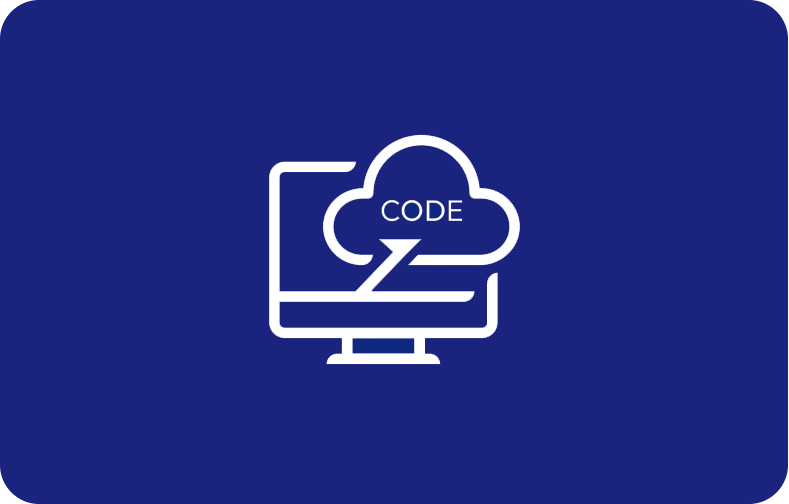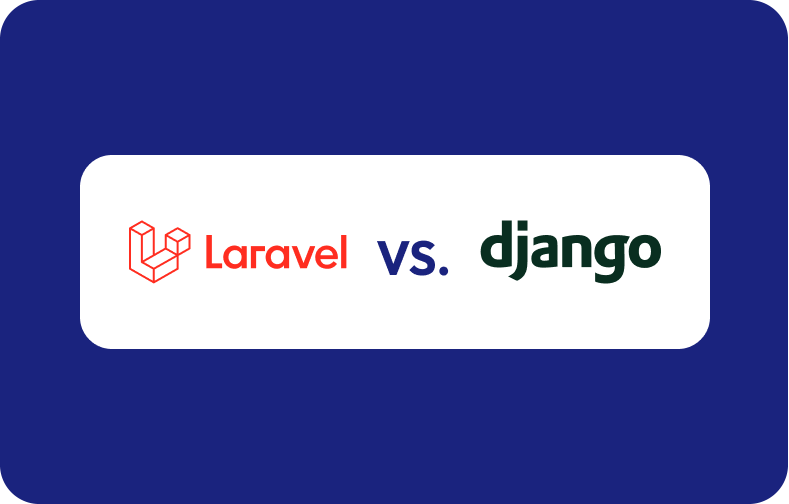Understanding Kali Linux VPS

When it comes to penetration testing and ethical hacking, many professionals turn to Kali Linux, which is why there is such a thing as a Kali Linux VPS.
By installing and running Kali Linux on a virtual machine, users gain access to the robust features of Kali Linux in a safe and secure setting.
Simply put, Kali Linux VPS uses virtualization technology to generate virtual computers that can run the Kali Linux distribution, allowing users to do so on various computer systems without purchasing expensive, specialised hardware.
Kali Linux operating system is a guest system on this virtual machine, meaning it has its own identity and is not tied to the host computer. Kali Linux VPS has several advantages, including the user-friendly graphical interface provided by the pre-installed desktop environment.
This improvement streamlines the process of using the Kali Linux distributions for penetration testing and other security-related tasks by facilitating communication between the user and the system.
Users can start with Kali Linux VPS by creating a new virtual machine setting and installing the distribution from the Kali Linux ISOs provided or by importing disc images of an existing Kali Linux VM from a suitable source.
You may optimise performance by tailoring the virtual machine parameters to your needs in terms of CPU usage, RAM, and server resources.
The cloud-init package commonly included with Kali Linux VPS makes it possible to automate the initial setup by running a few commands when the instance is first created.
This allows the Kali Linux virtual machine to be set up rapidly, reducing the time needed. Linux VPS servers typically cost less than other types of dedicated servers.













